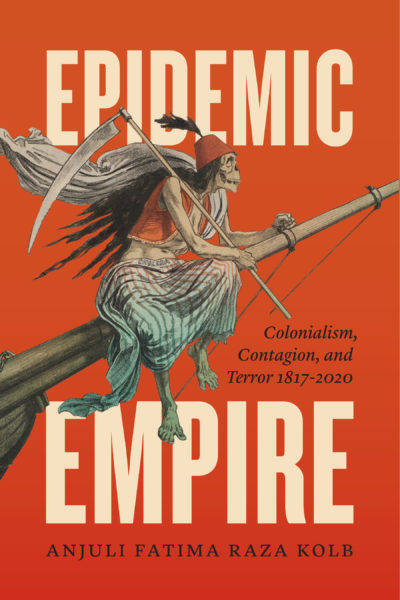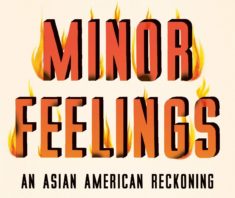About the event
This event will take place via Zoom. Register for the event here.
Terrorism is a cancer, an infection, an epidemic, a plague. For more than a century, this metaphor has figured insurgent violence as contagion in order to contain its political energies. In Epidemic Empire: Colonialism, Contagion, and Terror, 1817-2020 (University of Chicago, 2021), Anjuli Fatima Raza Kolb shows that this trope began in responses to the Indian Mutiny of 1857 and tracks its tenacious hold through 9/11 and beyond. The result is the first book-length study to approach the global War on Terror from a postcolonial literary perspective. Raza Kolb assembles a diverse archive from colonial India, imperial Britain, French and independent Algeria, the postcolonial Islamic diaspora, and the neoimperial United States. Anchoring her book are studies of four major writers in the colonial-postcolonial canon: Rudyard Kipling, Bram Stoker, Albert Camus, and Salman Rushdie. Across these sources, she reveals the tendency to imagine anticolonial rebellion, and Muslim insurgency specifically, as a virulent form of social contagion. Exposing the long history of this broken but persistent narrative, Epidemic Empire is a major contribution to the rhetorical history of our present moment.
As part of the Border as Method event series, Raza Kolb will be in discussion with the writer Jess Row about Epidemic Empire. The discussion will be moderated by Soyoung Yoon.
This program is co-sponsored with the Racial imaginary Institute the James Gallery and The New School as part of On Nationalism: The Fragility and the Possibility of "We", a new series dedicated to exploring the political and affective ties that produce the concept of the nation.








